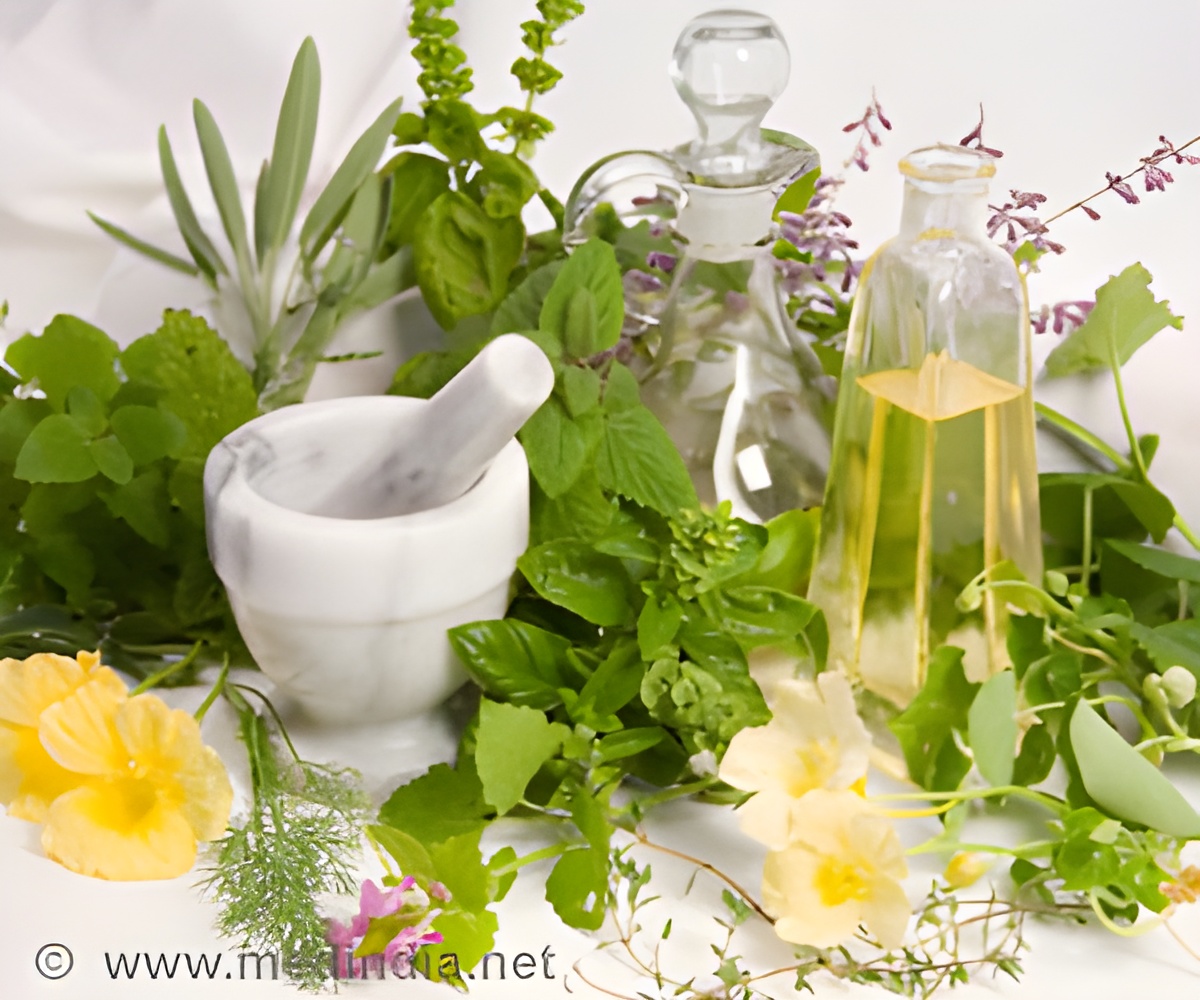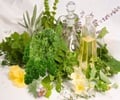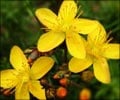Evaluations done prior to facial cosmetic surgeries revealed that around half of the patients take herbal and other supplements.

Many Cosmetic Surgery Patients Use Herbal Supplements The researchers analyzed 200 patients undergoing cosmetic facial surgery (such as facelift surgery or rhinoplasty). The patients' preoperative medication lists were reviewed to determine how many patients were taking herbal supplements and what types they were using. More than 80 percent of patients were women; the average age was 45 years.
Forty-nine percent of patients were using at least one type of supplement. Vitamin and mineral supplements only—most commonly multivitamins, vitamin D, calcium and vitamin B—were used by 25% of patients. Twenty-two percent were taking animal- and plant-based supplements—most commonly fish oil—in addition to vitamins and minerals.
Only 2.5 percent of patients were taking animal and plant-based supplements only. Older patients and women were more likely to report supplement use.
Overall, patients reported taking 53 different types of supplements. The average number of supplements was 2.8 per patient, although one patient was taking 28 different supplements.
Many Linked to Bleeding or Other Risks Thirty-five patients were taking supplements that have been linked to an increased risk of bleeding, such as bilberry, bromelain, fish oil, flaxseed oil, garlic, methylsulfonylmethane (MSM), selenium and vitamin E. In Dr. Guyuron's practice, patients were advised to stop taking supplements two to three weeks before surgery. The researchers write, "Therefore, 17.5 percent of all patients…would have been at risk of bleeding" if they had not discontinued supplement use.
Advertisement
However, many of these products have side effects that could lead to problems in surgical patients. In addition to the supplements potentially related to bleeding risk mentioned above, other popular supplements with potential adverse effects include echinacea, ephedra (ma huang), ginkgo, ginseng, kava, St John's wort, valerian, feverfew and ginger.
Advertisement
Source-Eurekalert














